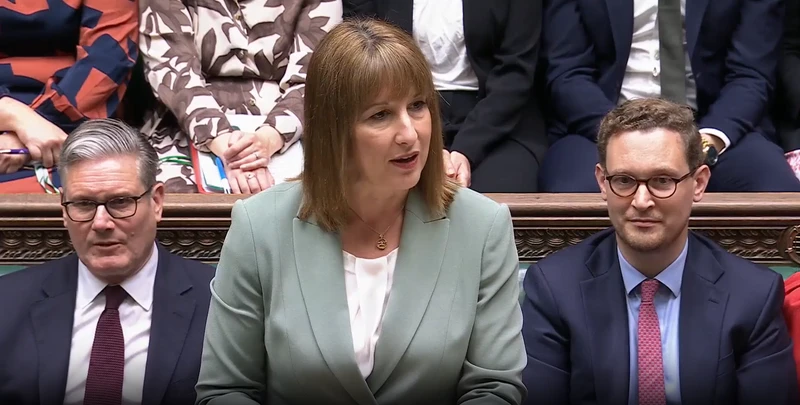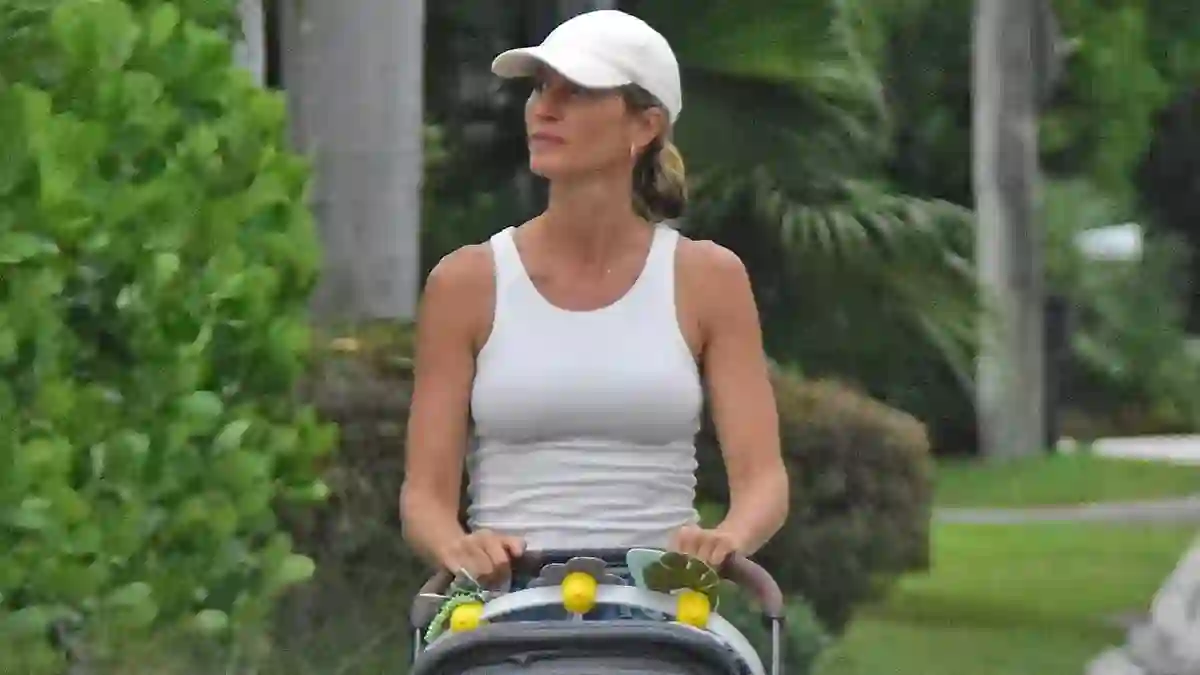It was supposed to be a normal Prime Minister’s Questions session, but the mood in the Commons was anything but routine.
Keir Starmer’s authority took another hit — this time very publicly — as his welfare reforms unraveled before the eyes of MPs and cameras alike.
Even Chancellor Rachel Reeves, usually composed, appeared to shed a tear as the Prime Minister defended what was left of his plan.
Reeves Struggles to Keep Composure as PMQs Turns Personal
Sitting beside Starmer in the Commons, Reeves was visibly shaken.
As Tory minister Kemi Badenoch grilled the Prime Minister and demanded to know if Reeves would remain in her job, Starmer didn’t give a direct answer.
Cameras caught what looked like a tear sliding down Reeves’ cheek — a powerful image on a day full of political fallout.
Starmer’s Grand Reforms Collapse Into Financial Chaos
Less than a year after his landslide election win, Starmer has effectively scrapped his headline welfare reform plan — a project initially pitched as a way to save the Treasury £5 billion.
Instead, after making last-minute concessions to avoid defeat by his own party, the revamped version is now expected to cost the government £100 million.
That’s left Reeves, already facing a growing budget shortfall, with an even bigger hole to fill — and serious questions about how Labour will keep its financial promises without raising taxes.
Ministers Hint at More Tax Burdens Ahead
Speaking to broadcasters, Cabinet Office Minister Pat McFadden didn’t hide the reality: this mess comes with “financial consequences.”
He avoided giving details, but his tone suggested more tax hikes could be on the horizon — despite Labour’s manifesto promises to hold off on increases to income tax, National Insurance, or VAT.
Reeves hasn’t ruled out extending the controversial tax threshold freeze, and even Deputy PM Angela Rayner admitted that the numbers would have to be re-examined in the Autumn Budget.
Labour Rebels Celebrate and Push for More Left-Leaning Policies
On the backbenches, rebellion has turned to celebration.
Rachael Maskell, whose amendment helped derail the original plan, is now calling for a £24 billion wealth tax — a move that’s gaining traction among the more left-leaning MPs.
Maskell argued on BBC Radio that the solution lies in taxing those with “broader shoulders” rather than placing further burdens on the poor.
Rayner Takes Center Stage While Succession Whispers Grow Louder
Rayner, seen by many as the real broker of the compromise with Labour rebels, is increasingly viewed as a potential successor to Starmer — a suggestion she laughed off during an appearance on ITV’s Lorraine, saying being PM would “age me 10 years in six months.”
Still, with her growing influence and Starmer’s political standing under pressure, the idea of Rayner stepping into the top role no longer seems far-fetched.
MPs Mock Government as Reforms Fall Apart in Real Time
In a particularly humiliating moment, laughter filled the chamber when Social Security Minister Stephen Timms was asked how much the new welfare proposals would save.
His vague response — that the government would “set out figures in the usual way” — didn’t help Starmer’s credibility.
Despite scrambling to appease rebels, 44 Labour MPs still backed the amendment that gutted the bill.
Another 49 voted against the bill at the second reading, while many others abstained.
The bill survived the vote — thanks to Tory MPs staying away — but the damage to Starmer’s leadership was done.
Reeves Faces Autumn Budget Test as Pressure Builds
Reeves is now under immense pressure.
With more spending, less revenue, and a shrinking list of options, she’ll have to balance the books without breaking Labour’s tax promises — or risk even further unrest within the party.
Rayner echoed that sentiment, telling Lorraine that the chancellor would have to “look at the challenges” ahead and figure out how to make it all work by Autumn.
Polling Expert Says Starmer’s First Year Is the Worst on Record
According to polling guru Professor Sir John Curtice, Starmer’s first year in office may be the roughest start any modern Prime Minister has faced.
Speaking to Times Radio, Curtice said Starmer has never enjoyed strong personal popularity and that “the public still don’t know what he stands for.”
That kind of uncertainty is feeding speculation that he might not even make it to the next election as party leader.
Full List of Labour Rebels Who Voted Against the Welfare Bill
In total, 49 Labour MPs voted against the bill at second reading.
Some of the most notable include Diane Abbott, Stella Creasy, Richard Burgon, Rebecca Long-Bailey, Jon Trickett, and Rachael Maskell.
These MPs represent a broad cross-section of Labour constituencies across the UK — and their defiance signals that Starmer’s internal party battles are far from over.



